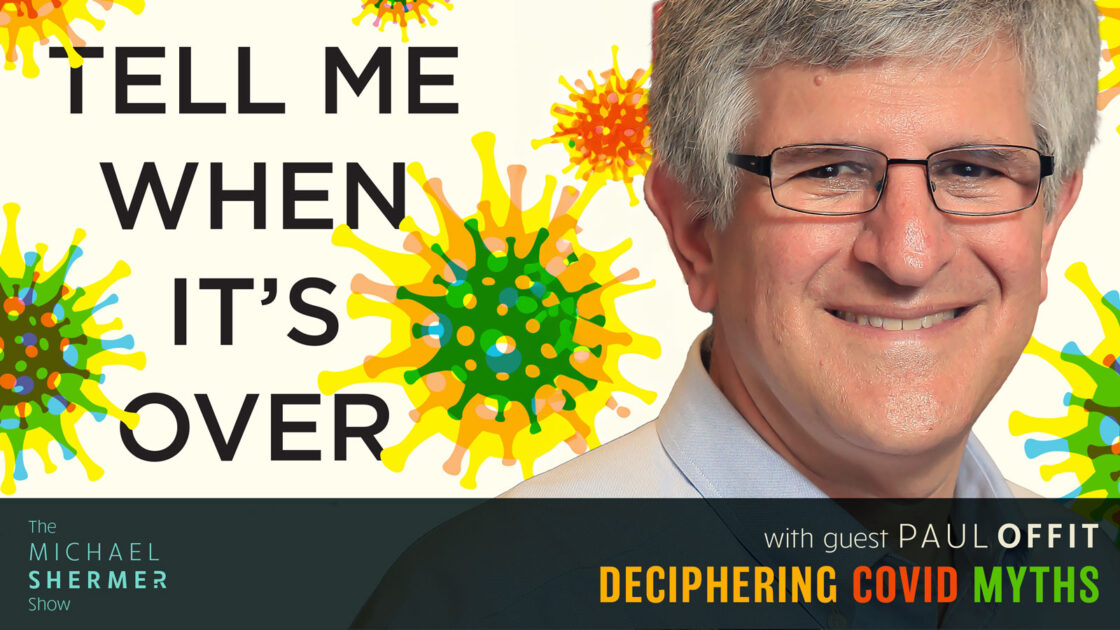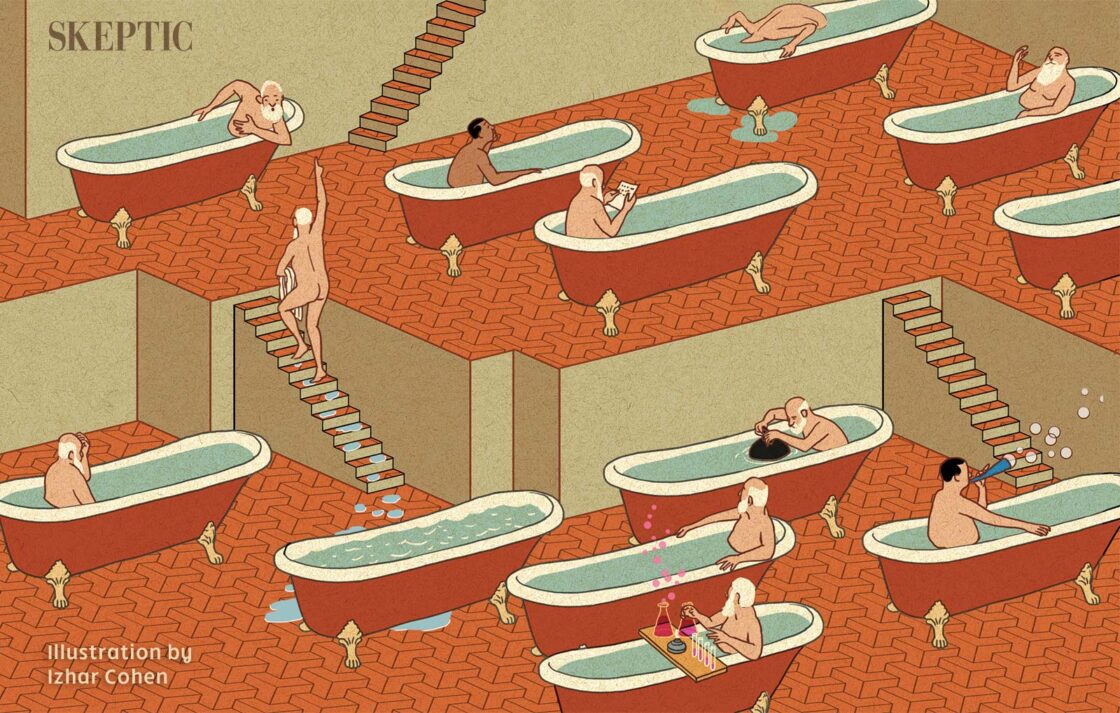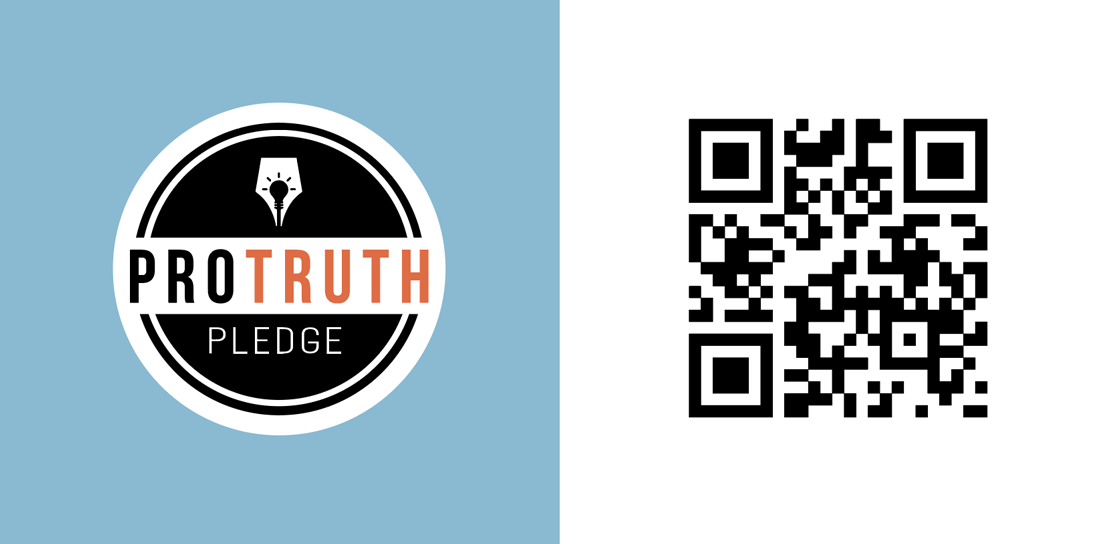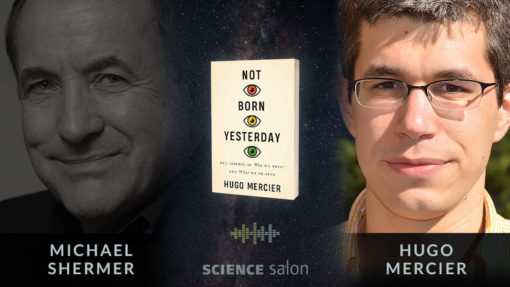trust

Shermer and Offit discuss: mRNA vaccines • science gone wrong or part of the long and risky history of medical innovation? • loss of trust in medical and scientific institutions • overall assessment of what went right and wrong • mandates vs. recommendations • economic costs • lab leak hypothesis vs. zoonomic hypothesis • debating anti-vaxxers • treatments • high risk vs. low risk groups • Robert Malone,Joe Rogan, RFKJ, Peter Hotez, Del Bigtree • Stanford professor Jay Bhattacharya censored for signing the…

Consumers of scientific information should be skeptical of an apparent scientific consensus. Consider: How politicized is this topic? What are the career incentives for the scientists? How easy would it be for scientists to selectively report only the favorable results? Would a study have been published if it had found the opposite result or a null result? The answers to these questions will not definitively tell us whether the scientific consensus is right or wrong, but they should help us…

In our “post-truth” world, objective facts are less influential in shaping public opinion than appeals to emotion and personal belief. In the U.S., citizens’ trust in their government is at historically low levels, and the trust gap is difficult to bridge because individuals who practice deceptive behaviors often gain. This type of situation is known as a “tragedy of the commons.” Behavioral scientist Gleb Tsipursky offers the Pro-Truth Pledge (PTP) as one solution to help rebuild trust in and decrease…
In the fourth report from the Civil Unrest and Presidential Election Study (CUPES) we examine Americans’ level of trust in institutions, as well as how trust levels vary by political party affiliation and gender. We asked the question: “how much do Americans trust news media, political officials, hospitals/doctors, and educational institutions?”

Not Born Yesterday explains how we decide who we can trust and what we should believe — and argues that we’re pretty good at making these decisions. Hugo Mercier demonstrates how virtually all attempts at mass persuasion — whether by religious leaders, politicians, or advertisers — fail miserably.
In Science Salon # 101 Michael Shermer speaks with Hugo Mercier about his new book: Not Born Yesterday: The Science of Who We Trust and What We Believe.
WHAT IS MORALITY AND WHERE DOES IT COME FROM? Neurophilosopher Patricia Churchland argues that morality originates in the biology of the brain: Moral values are rooted in family values displayed by all mammals — the caring for offspring. The evolved structure, processes, and chemistry of the brain incline humans to strive not only for self-preservation but for the well-being of allied selves — first offspring, then mates, kin, and so on, in wider and wider “caring” circles.
In this week’s eSkeptic, Michael E. O’Reilly reviews Annals of Gullibility: Why We Get Duped and How to Avoid it by Stephen Greenspan.












